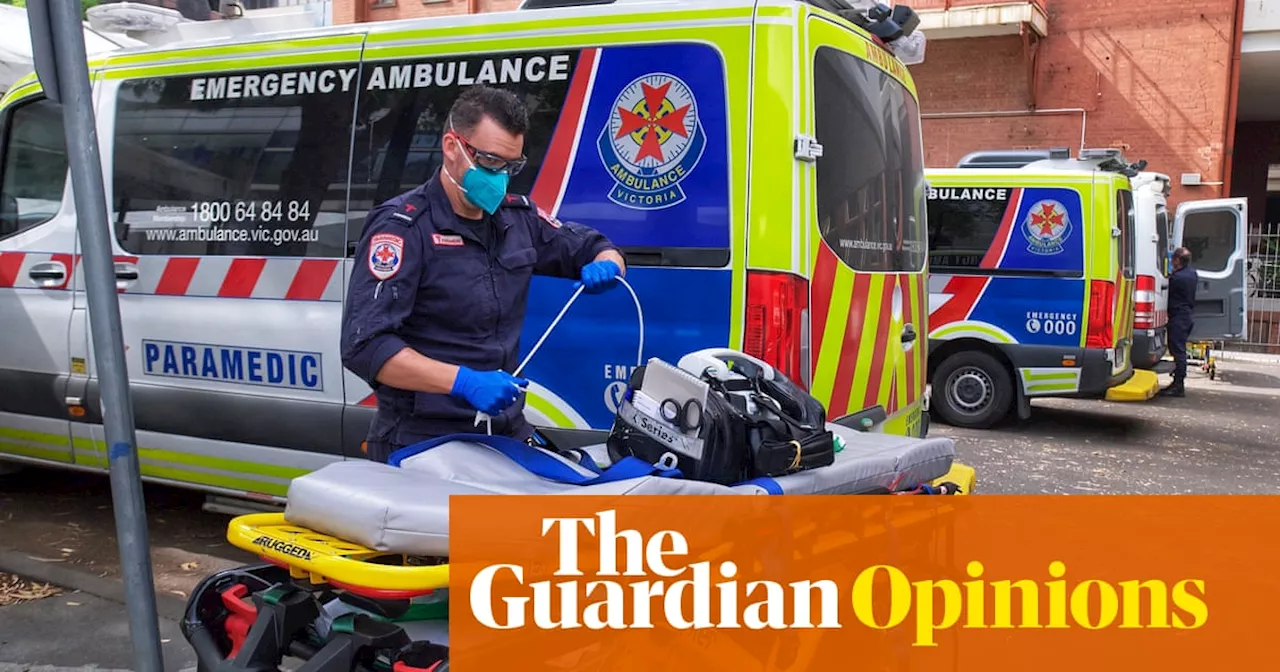This article highlights the importance of utilizing ambulances responsibly. While praising the expertise and quick action of paramedics, the author emphasizes the strain on the system caused by inappropriate calls for non-emergency situations. The consequences of delayed response to genuine emergencies are starkly illustrated.
When should you call an ambulance? The decision could mean the difference between life or death – and not just your ownThe volume of inappropriate emergency presentations via ambulance invites puzzlement that people could be so seemingly frivolous with a precious assetThe instant dismay of seeing a well person in emergency is somewhat offset by her disarming honesty. She is poor, ill-supported and not sure what symptoms to report where.
There are situations where an ambulance should always be called: severe pain, breathlessness or bleeding, sudden numbness or paralysis, trauma, altered consciousness and large burns. But on any given day, a snapshot of the emergency department shows that many patients are not a true emergency. Professionals consider a health emergency as a sudden or unexpected event requiring urgent assessment and treatment. This definition is based on clinical judgment and physiological cues. But the patient’s perception is based on emotional cues and layperson views. Patients cannot be expected to accurately evaluate the urgency of a health event.
Paramedics say when people call an ambulance, a risk-averse system searches for the worst-case scenario at the expense of the most likely one. Dispatchers must adhere to a script that prevents making a judgment call, which is not how real-life medicine operates.
Ambulance Emergency Medical Services Healthcare System Triage Delayed Response
Australia Latest News, Australia Headlines
Similar News:You can also read news stories similar to this one that we have collected from other news sources.
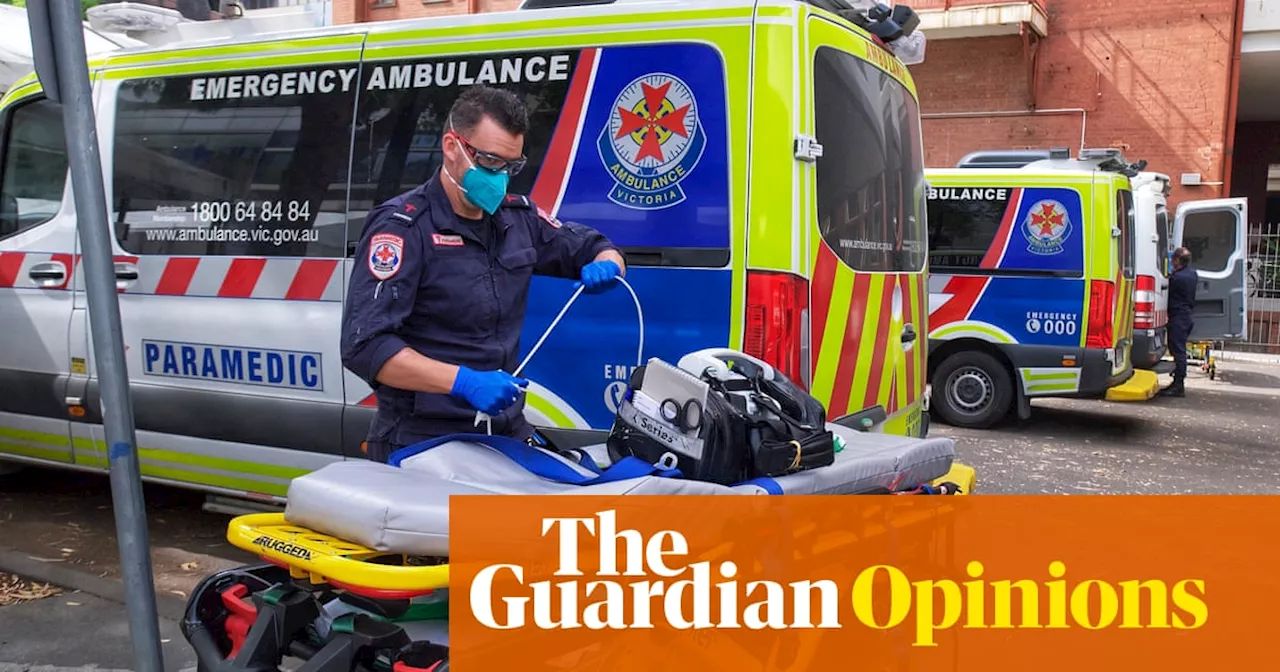 When should you call an ambulance? The decision could mean the difference between life or deathThe volume of inappropriate emergency presentations via ambulance invites puzzlement that people could be so seemingly frivolous with a precious asset
When should you call an ambulance? The decision could mean the difference between life or deathThe volume of inappropriate emergency presentations via ambulance invites puzzlement that people could be so seemingly frivolous with a precious asset
Read more »
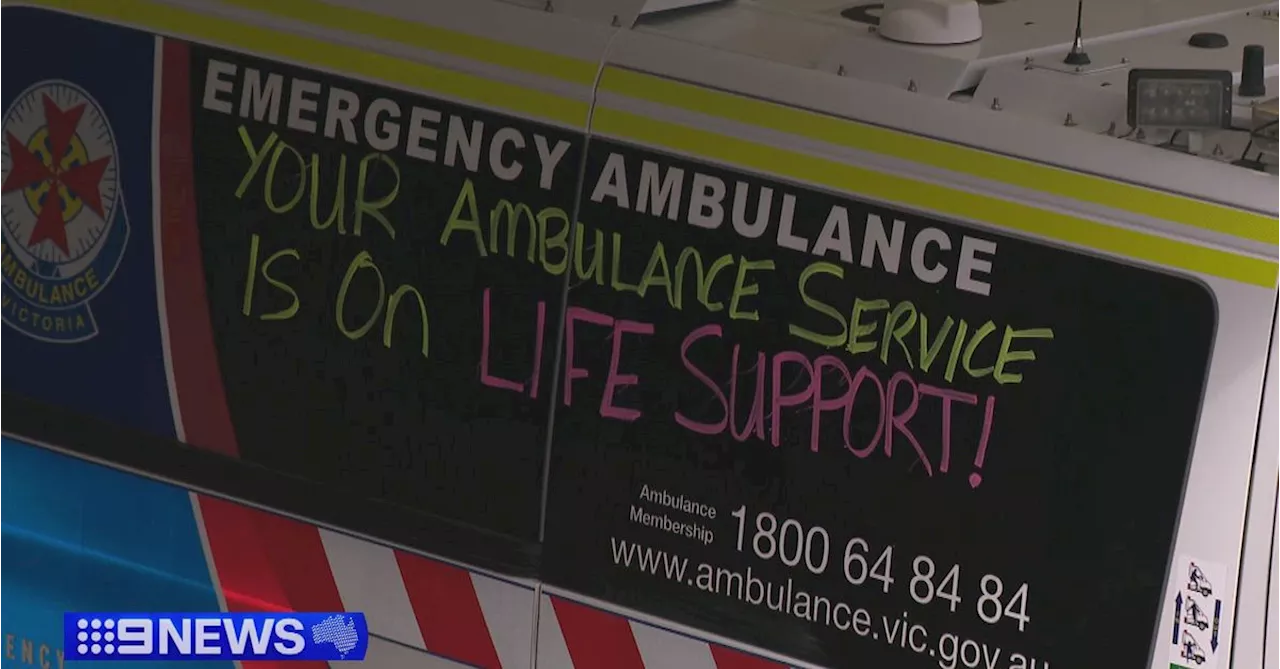 Melbourne hospital accused of obstructing ambulance service before patient's deathThe Victorian Ambulance Union is arguing an Ambulance Victoria intensive care crew shouldn&x27;t have been stuck in a corridor with a non-urgent patient.
Melbourne hospital accused of obstructing ambulance service before patient's deathThe Victorian Ambulance Union is arguing an Ambulance Victoria intensive care crew shouldn&x27;t have been stuck in a corridor with a non-urgent patient.
Read more »
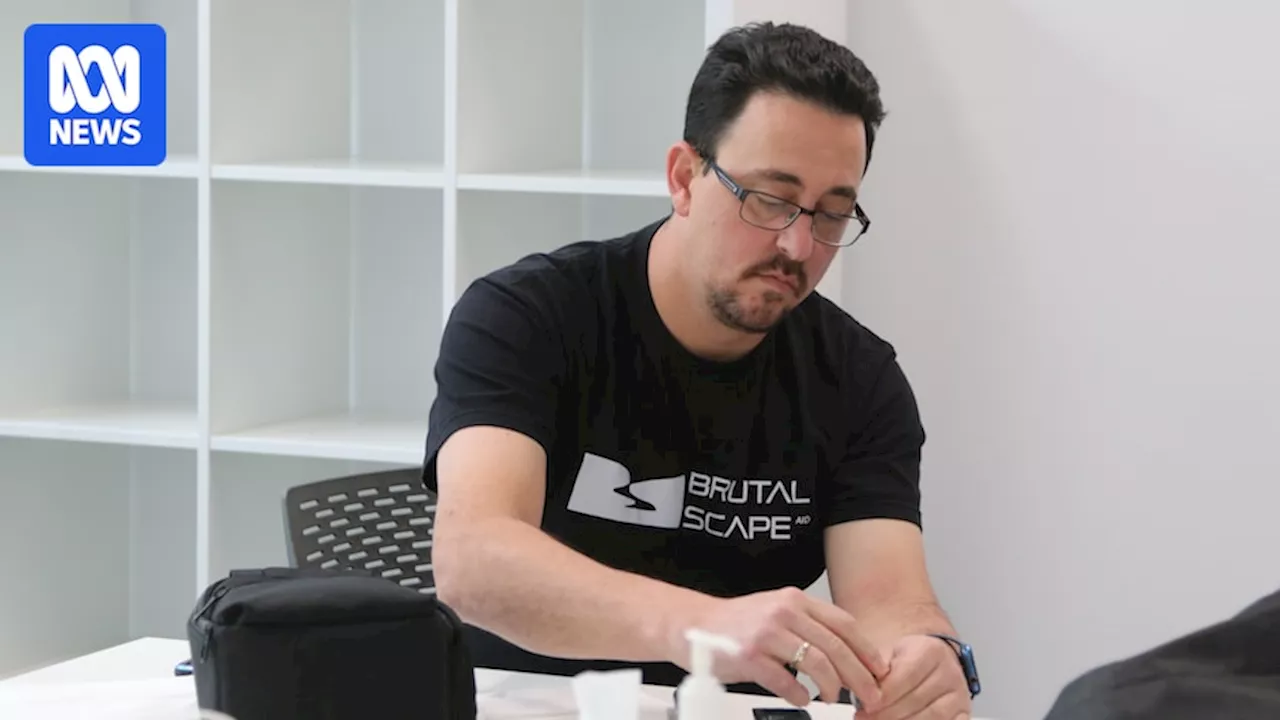 Diabetes is Australia's fastest growing condition, but one Logan clinic is trying to turn health outcomes aroundPoliticians regularly trade blows about ambulance ramping, elective surgery waiting lists, and maternity care. But little is being debated about preventative health.
Diabetes is Australia's fastest growing condition, but one Logan clinic is trying to turn health outcomes aroundPoliticians regularly trade blows about ambulance ramping, elective surgery waiting lists, and maternity care. But little is being debated about preventative health.
Read more »
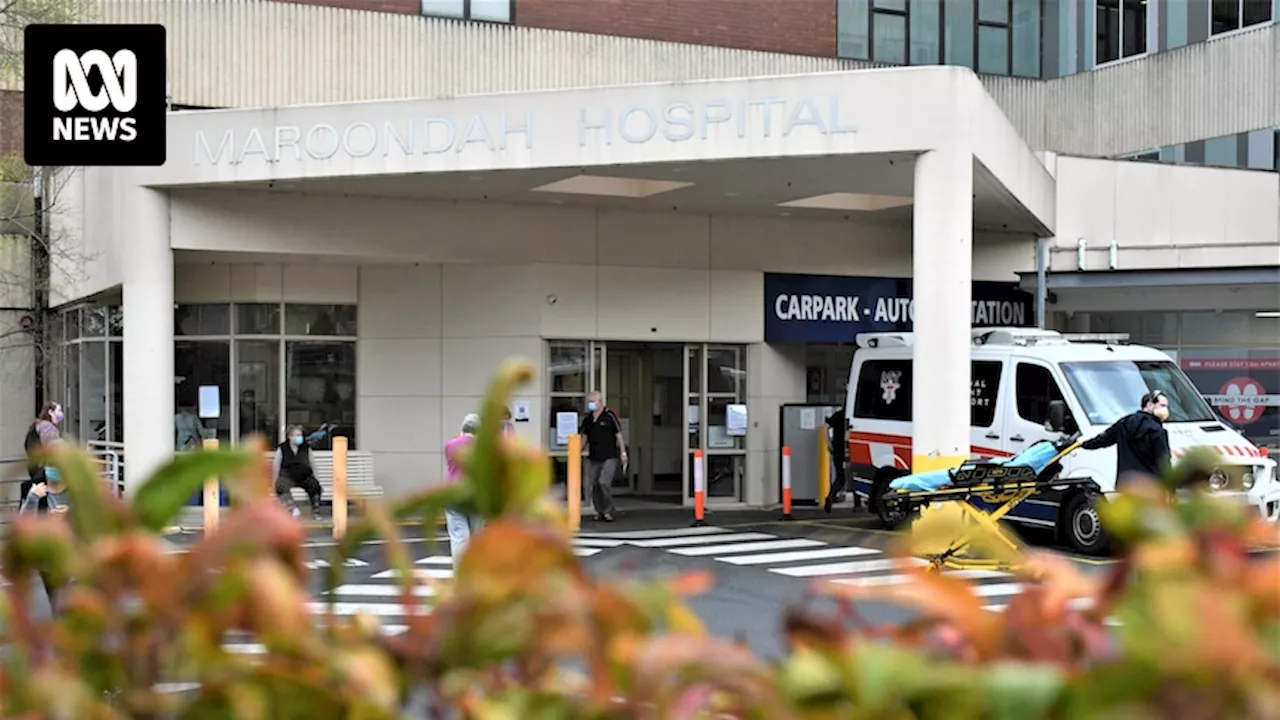 Ambulance ramping at Maroondah Hospital forces paramedics to call for back-up to treat patientA back-up ambulance was forced to treat a patient in the corridors of Maroondah Hospital in Melbourne's east, when paramedics were told no emergency beds were available at the hospital.
Ambulance ramping at Maroondah Hospital forces paramedics to call for back-up to treat patientA back-up ambulance was forced to treat a patient in the corridors of Maroondah Hospital in Melbourne's east, when paramedics were told no emergency beds were available at the hospital.
Read more »
 Birth trauma inquiry response disappoints NSW women who wanted 'bolder' actionWomen's health advocates are disappointed with the NSW government's response to the landmark inquiry and call for a stronger commitment to midwifery care.
Birth trauma inquiry response disappoints NSW women who wanted 'bolder' actionWomen's health advocates are disappointed with the NSW government's response to the landmark inquiry and call for a stronger commitment to midwifery care.
Read more »
 Midday News Bulletin 15 September 2024Timor-Leste marks 25 years since the UN-backed referendum that secured its independence, Indigenous health advocates call for culturally appropriate aged care, and new records set at the Sydney Marathon.
Midday News Bulletin 15 September 2024Timor-Leste marks 25 years since the UN-backed referendum that secured its independence, Indigenous health advocates call for culturally appropriate aged care, and new records set at the Sydney Marathon.
Read more »
